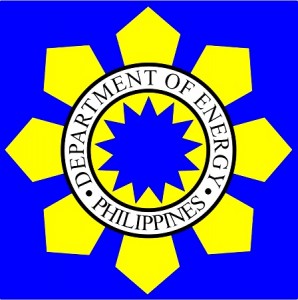
MANILA, Philippines—Coal traders, suppliers and end users have been mandated by the Department of Energy (DoE) to have themselves accredited yearly, as the government moves to curb substantial losses in government revenues from unregulated coal operations in the country.
The department circular, signed by Energy Secretary Jose Rene D. Almendras last month, was also meant to weed out illegal coal traders and theft of minerals, as it seeks to strengthen and rationalize existing regulations on the trading and sale of coal. This circular will likewise allow DoE to fulfill its mandate to “develop, achieve and implement a systematic and meaningful exploration, development, exploitation and production of local coal resources and protect the interest of the government.”
Once the circular becomes effective, accredited coal traders will be allowed to buy, sell, market, import and distribute coal, among others.
At the same time, these coal traders must purchase from and/or sell to entities that have also been accredited by the DoE to engage in coal operations.
Similarly, registered coal end users must deal only with DoE-accredited traders to ensure their operations are legit. They will also be entitled to special transport permit to convey their purchases.
The DoE will impose fines and penalties ranging from P10,000 to P50,000 to coal traders and end users who will be found violating the rules stated under the circular. The government may even further recommend the suspension or revocation of the business permit and/or closure of the business establishment of an erring entity.
At present, the country’s demand for coal stands at about 12 million metric tons a year. Local production has averaged 7 million MT, of which 3 million tons are exported to various Asian markets. Coal imports remain huge at 7 million tons a year, according to the DoE.
It is expected that over the next 20 years, coal will remain the major fuel for power generation and the government continues to encourage the private sector to explore and develop the country’s prospective coal blocks to find additional reserves that can be used to address growing local demand.


